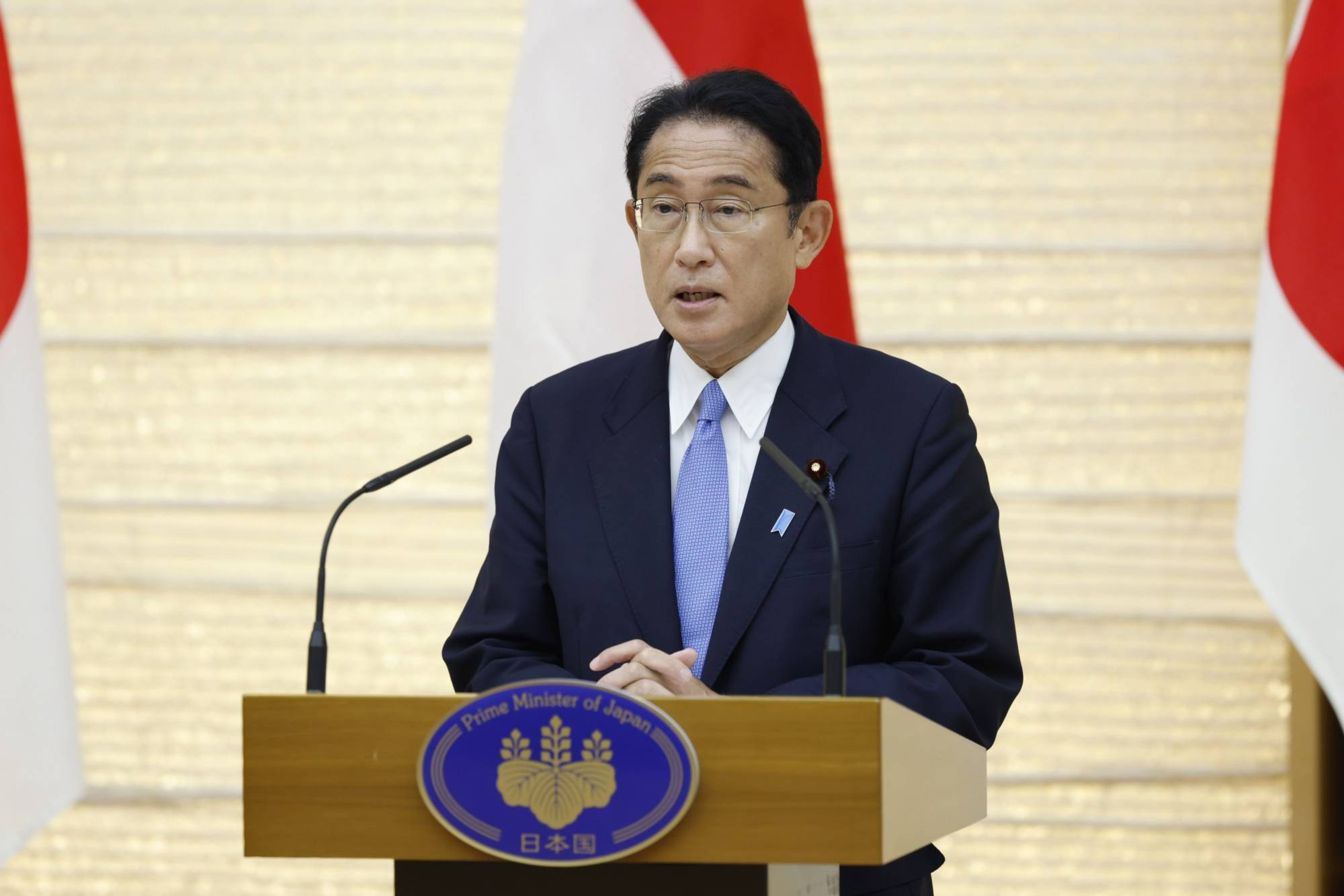Japan’s ranks of short-lived prime ministers can all attest to one thing: Political fortunes in Tokyo can change rapidly. The incumbent Fumio Kishida is now the one feeling the heat.
Just two months ago, after a dominant performance in Upper House elections, the talk in Tokyo was of a "golden three years” during which Kishida could rule without having to face the electorate at the ballot box again. But after a year of ratings inflated largely by his bold stance on Russia’s invasion of Ukraine, reality is finally catching up. Japan’s Mr. Play-It-Safe is suddenly living dangerously.
His poll numbers are tanking at every major outlet. In a JNN survey published Sunday, 48.3% said they disapproved of Kishida’s Cabinet, slightly more than those who said they backed it. His approval figures are the worst since he took office.


















With your current subscription plan you can comment on stories. However, before writing your first comment, please create a display name in the Profile section of your subscriber account page.